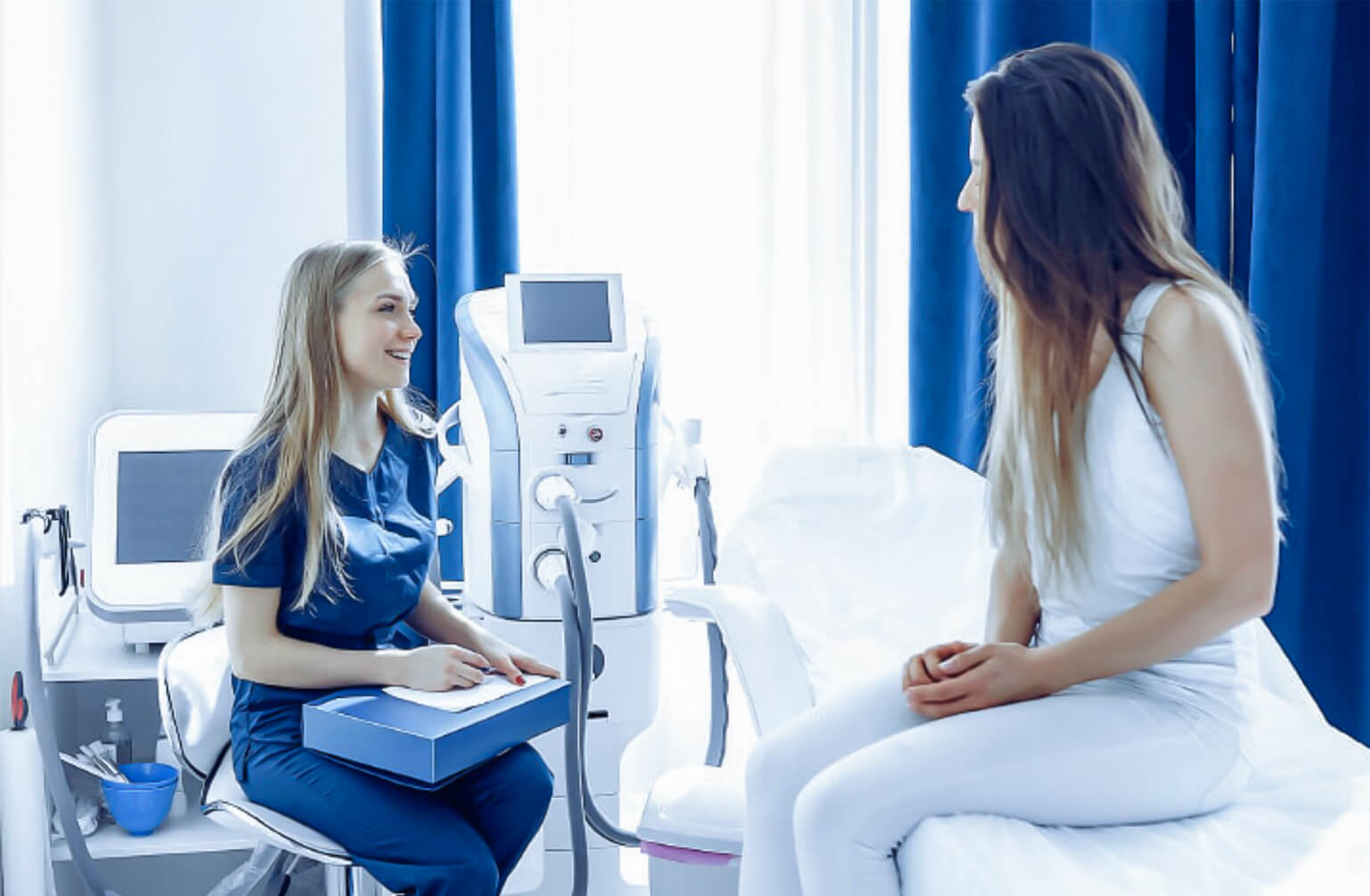As the world continues to evolve, so does the healthcare industry. With each passing year, new technologies are developed and implemented to improve patient outcomes and make healthcare more efficient. One such technology that is making waves in the industry is Blueiot RTLS (Real-Time Location System) Technology. This cutting-edge innovation has the potential to revolutionize the way we approach rtls in healthcare tracking, providing a range of advantages for patients, providers, and administrators alike. So buckle up and get ready to discover what lies ahead in the future of healthcare!

Introduction to Blueiot
One of the most popular location-based service in the world, Blueiot provides a cutting-edge real-time locating system (RTLS) based on Bluetooth Angle-of-arrival technology. The Blueiot indoor tracking system is 10 times more accurate than conventional Bluetooth technology, with an accuracy of up to 0.1 m. Numerous industries, including manufacturing, healthcare, logistics & warehouse, smart retail, and smart buildings, employ the Blueiot indoor positioning system.
Benefits of Blueiot RTLS Technology for Healthcare
There are many benefits of implementing Blueiot RTLS technology in healthcare. One of the most significant advantages is the ability to track patients and staff in real-time. This information can be used to improve patient care and safety, as well as increase operational efficiency. Other benefits include:
Asset tracking: Blueiot RTLS tags can be placed on medical equipment and other assets to help track their location and usage. This information can be used to optimize asset utilization and prevent loss or theft.
Environmental monitoring: Blueiot RTLS sensors can be used to monitor environmental conditions such as temperature, humidity, and air quality. This information can be used to improve patient comfort and safety, as well as reduce the risk of cross contamination.
Staff management: Blueiot RTLS technology can be used to monitor the whereabouts of staff members in real-time. This information can be used to optimize staffing levels, reduce response times, and improve communication between departments.
Conclusion
In conclusion, the advantages of Blueiot RTLS technology are clear. It promises to offer improved patient safety and care, enhanced operational efficiency, cost savings for healthcare providers and better data-driven insights into overall organizational performance. With its ability to provide real-time tracking of patients and staff in healthcare settings, we are sure that innovative technology is set to revolutionize the way healthcare organizations operate in the coming years.